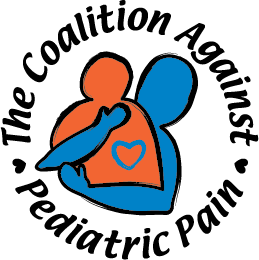Your body isn’t you. Your soul is you and they can never cut into your soul.
Leo, The Red Band Society
FOX recently launched it’s new teen medical drama The Red Band Society. My daughter and I watched with great anticipation, because like many TCAPP families, we have spent much of her adolescence in hospitals and have met a wide range of teens, medical professionals and “characters” along the way.
My daughter watched the pilot while online with a boy she had befriended during one of her hospitalizations. He had been brought over from Africa five years ago for medical treatment. They were both young teens, immobile and in a very dark place at the time. A friendship blossomed over grueling physical therapy sessions, dodging the hospital psychiatrist, crafting and hanging out with Kim, the supercool Child Life specialist and taking late night wheelchair rides around the floor looking for whatever mischief they could muster. They tortured each other like siblings at times, debating Celtics vs. Lakers and posted Justin Bieber posters on each other’s doors, but they also supported each other during that challenging time in a way that friends and family couldn’t.
Both of them were initially a bit disappointed with the show and the Hollywood version of what hospital life is like. From the large and fancy hospital rooms, to the fashion and freedoms that Kara, Leo and the other the patient’s exhibit, the unrealistic storyline lost them about twenty minutes in. But while the The Red Band Society IS lacking a bit in the reality department, it does not completely miss the mark.
Being sick, especially during what is supposed to be the prime of your life, just plain sucks. There is no way to sugar coat it. The never-ending doctors, therapies, meds, tests, surgeries, crisis, and hospitalizations, suffering and uncertainty is a huge buzz kill to any kind of normal teenage-dom. In spite of all of this medicalization, at the end of the day, all our teens want to do is act like teens with all of the friendships, social drama, bad decisions and rebellion that goes along with it.
So while I have very mixed emotions with this new entertainment trend that glamourizes teen illness and suffering, I will continue to watch The Red Band Society and keep an open mind looking for glimpses of dialogue or storylines that may help others understand the double lives that many of our kids lead. If this show helps one friend to be more supportive or better understand the added challenges that our kids must navigate, than Hollywood’s effort will be worth it.
How do you help your child strike a balance between their medical life and normal life? Do you have any ideas that may help other families?

